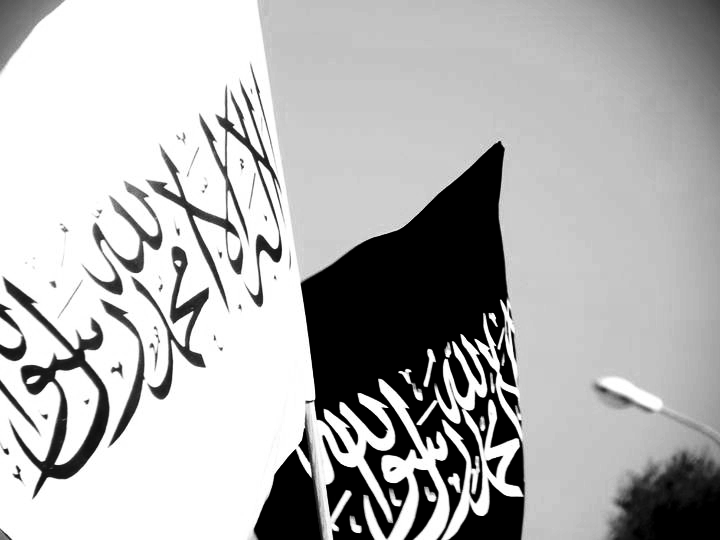
Many people expected that the Arab Spring would result into greater religious freedom especially in the Middle East. However, a new Pew study shows that the Middle East has become more repressive than before the Arab Spring took place.
According to the Pew Research Center, North Africa and the Middle East experienced prominent upsurges in religion-based social hostilities during the Arab Spring in 2011. Consequently, government control on religion remained exceptionally high.
The study indicates that there was an increase in the number of North African and Middle East countries with communal or sectarian violence, from 5 to 10 during the political uprisings in 2011. Coptic Christians in Egypt are among the groups that were adversely affected. Their churches were set on fire or bombed both before and after the fall of Hosni Mubarak in February 2011.
A survey of 198 countries conducted by the Pew Research Center shows an increase in the number of countries with high or extremely high restrictions on religion, from 37% to 40% in mid-2010 and late 2011 respectively. Due to the fact that some of the affected countries are highly populated, 5.1billion people or 74% of the world's population were affected by the high religious-based government restrictions or social hostilities. The study notes that the impact was more severe on religious minorities.
The survey by Pew Research Center also determined the proportion of countries in the world whose religious groups were persecuted in 2011. The findings are as follows:
- Jews were persecuted in 69 countries. There was no significant change as the proportion was 68 countries in the preceding year.
- Muslims were mistreated in 101 nations. This proportion increased from 90 nations in the preceding year.
- Christians were persecuted in 105 countries. This shows a reduction from 111 countries in the preceding year.
Government Restrictions on Religion in 25 Highly Populated Nations
Among the world's 25 highly populated nations, Egypt, Russia, Pakistan and Indonesia had the most prominent religion-based restrictions in 2011 (these restrictions include both social hostilities and government restrictions).Mexico, Japan, the Philippines, the United States and Brazil have the least government restrictions and social hostilities as seen in the graph. In the graph, nations on the upper right side have the most social hostilities and government restrictions while those on the lower left side have the least social hostilities and government restrictions.
To see the index scores in a particular year, select the year under consideration. For the years 2007, 2008, 2009 and 2010, the index scores given are for the 12-month duration ending in June of that specific year. However, the index scores for 2011 represent the calendar year 2011.
